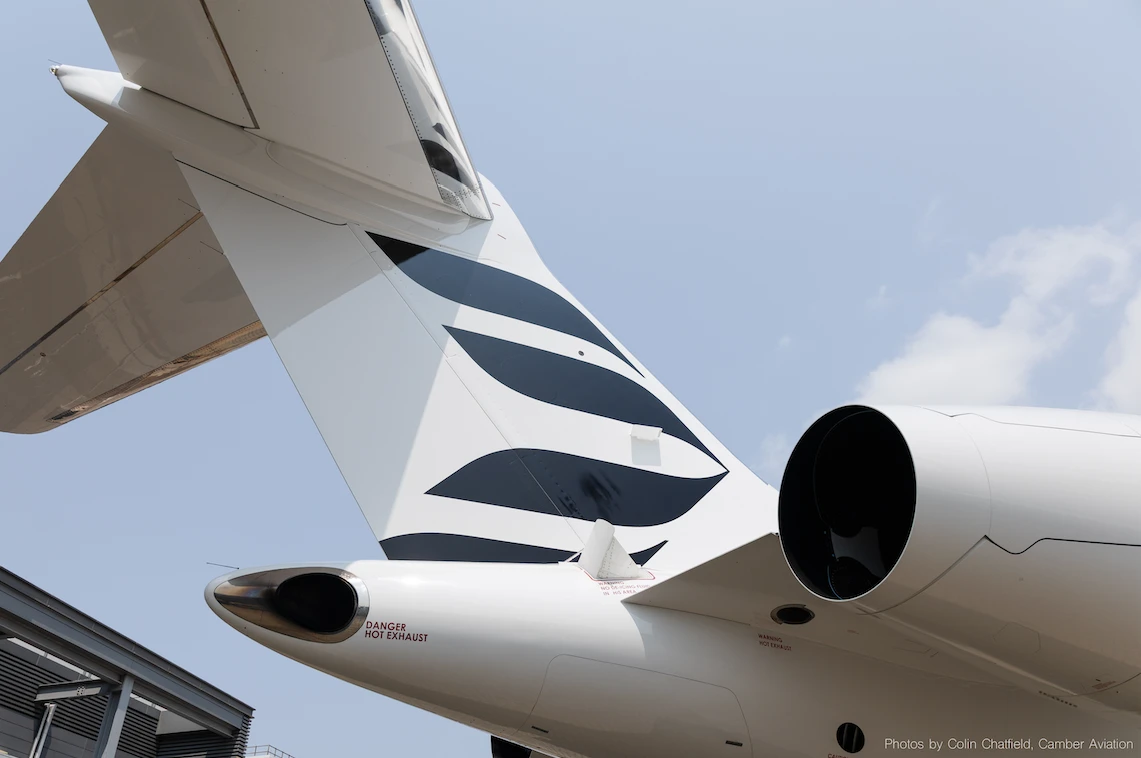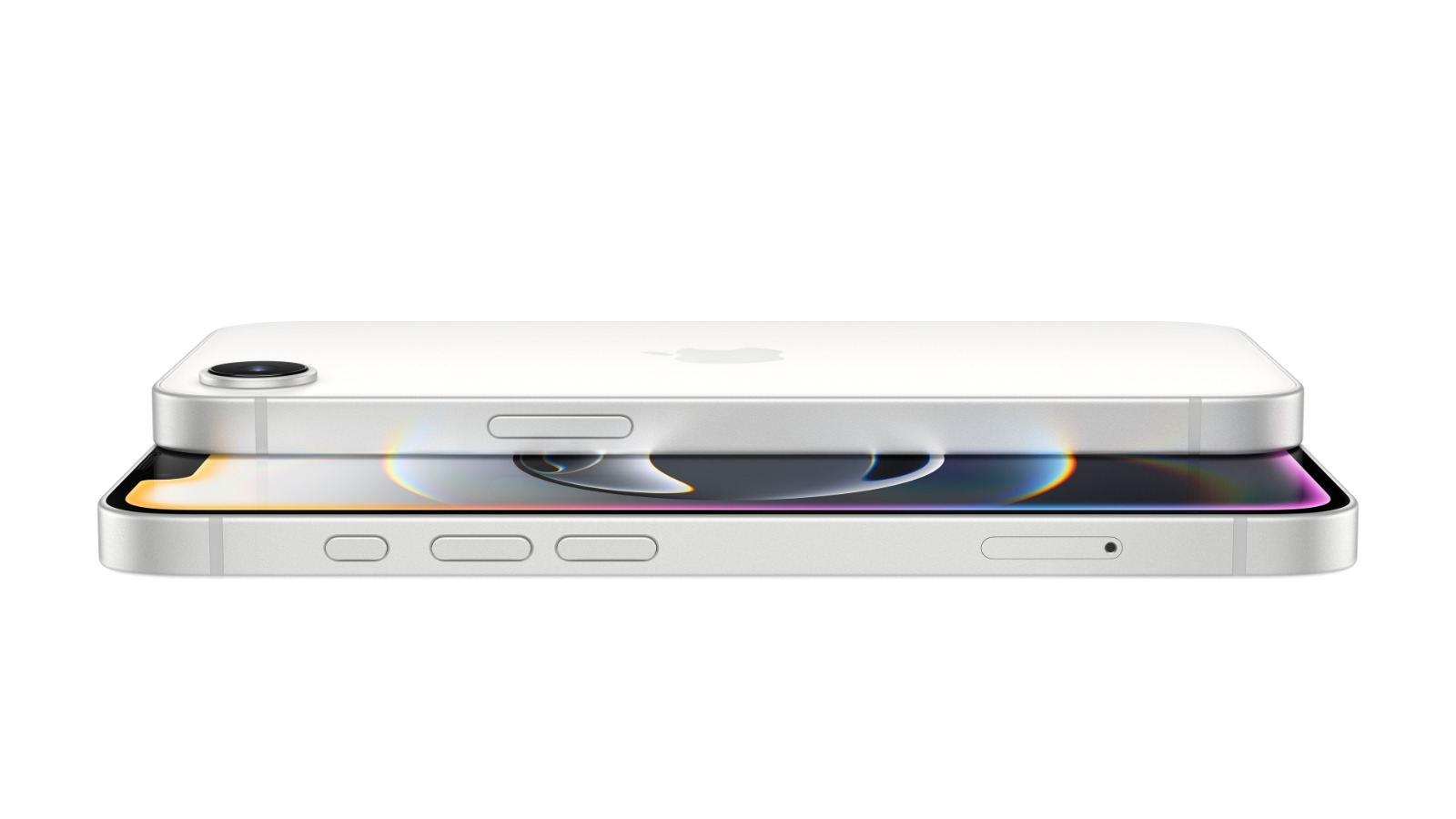Hot topic: The billionaire space race
Jul 22, 2021
Three of the world’s richest men are in a race to reach the final frontier. Do they know something we don’t or is it the culmination of a childhood dream?
We are in the midst of a new space race, and Jeff Bezos, Sir Richard Branson and Elon Musk are running the show. What was once the area of Cold War-era governments is now the playground of ultra-rich billionaires chasing to conquer the final frontier.
This triumvirate – with a combined net worth of US$370 billion – are changing, or rather ‘democratising’ space travel by setting up their own companies and providing the massive funding needed for a viable space program. They are also very hands-on, with two of them – Branson and Bezos – flying into space, cementing their status as the face of the fledgling space tourism industry.
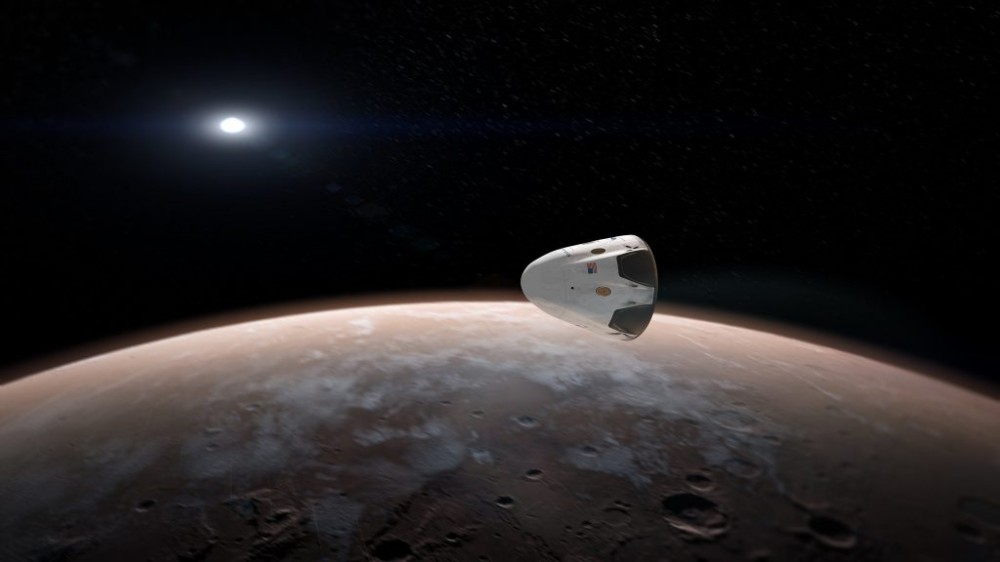
While the ultimate goal is space travel, these new age ‘space barons’ have additional reasons in funding the modern space race and have found different ways of achieving them. Here’s all you need to know about the Billionaire Space Race:
Virgin Galactic
Branson has bragging rights as the first billionaire in space when his SpaceShipTwo supersonic spaceplane took a suborbital flight on July 11. Along with a crew of five including the pilots, Branson flew up to a height of 86km above sea level and experienced weightlessness for a few minutes, as well as the vast, black expanse of space.
Unique to Virgin Galactic is the way they fly up people. Instead of traditional rockets, they strap the spaceplane into a massive, twin-fuselaged ‘mothership’ that takes it to about 15km in the air before being released. The spaceplane uses its own rocket engines to fly upwards and reach space, before returning back to terra firma using its distinct wings to glide down for a runway landing.
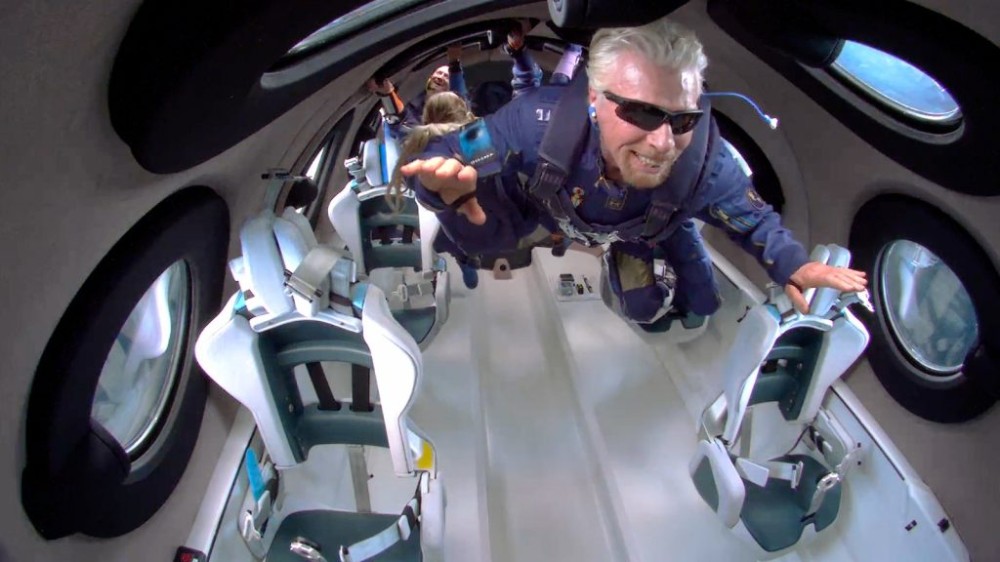
Virgin Galactic hopes this airplane-like trip would eventually kickstart their space tourism business. They have already booked over 600 passengers – including SpaceX founder and fellow space baron Musk – at US$250,000 a seat. And the word is once they reopen bookings, tickets will be sold at a higher price point.
However, serving rich individuals wanting to experience fleeting weightlessness is just part of Virgin Galactic’s business. It’s already working with aviation company Boom Supersonic to produce a suborbital supersonic jet to fly people at Mach speeds between destinations. It has also delivered satellites to orbit through its Virgin Orbit division.
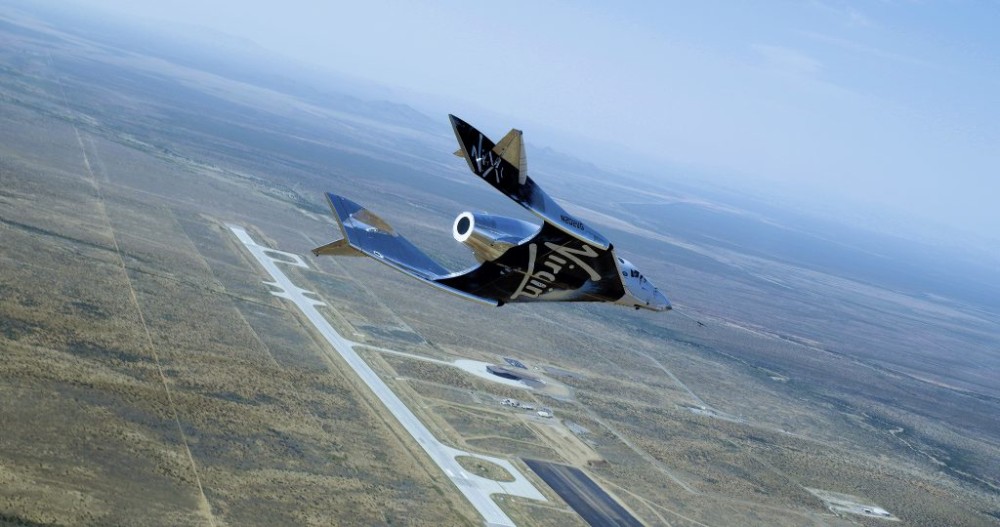
Blue Origin
Bezos, the richest man on Earth has also become the richest man in space. A little over a week after Branson’s space fight, Bezos set off his own journey onboard his own rocket ship New Shepard. The former Amazon CEO was joined by his brother Mark, 82-year-old aviation pioneer Wally Funk and an 18-year-old student in an autonomous capsule for a 10-minute flight. Bezos and his crew put one over Virgin Galactic by flying past the Karman Line – the widely recognised boundary of space – that lies 100km up.
Blue Origin operates a reusable rocket and capsule system as their technology of choice, believing that this will bring down the cost of space flight. The pressurised capsule is attached to the booster rocket and takes off vertically. Upon reaching a height of about 76km the capsule separates and continues its flight path to space, while the booster drops back to Earth for a controlled landing. Eventually the capsule follows suit, parachuting down for a soft landing.
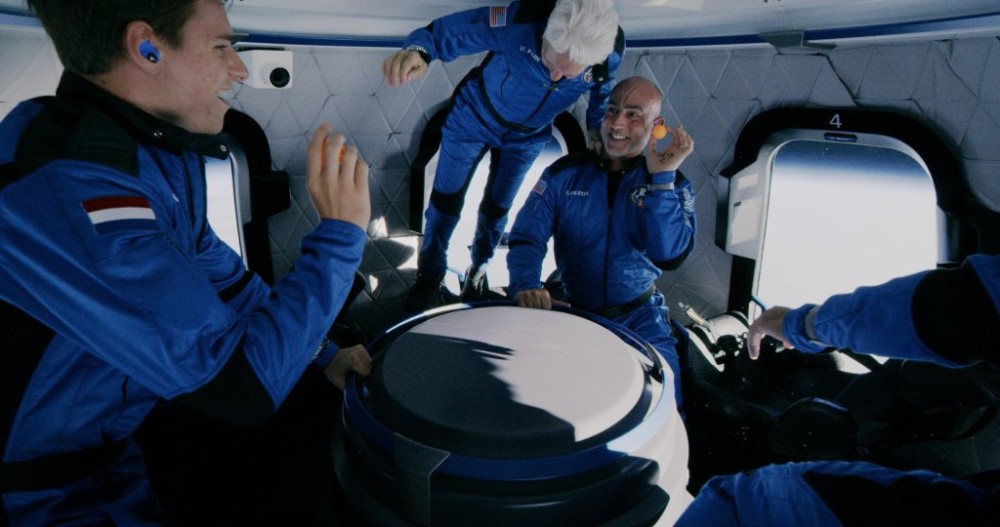
While they haven’t started selling tickets, Blue Origin is widely expected to open for bookings soon, after proving the viability of a crewed flight.
And just like the competition, space tourism is just one part of Blue Origin’s business. In the background, it already has plans for a more powerful rocket, New Glenn, and has already unveiled their Blue Moon concept lunar lander. But Bezos’ ultimate dream: to extend life beyond Earth and create space colonies.
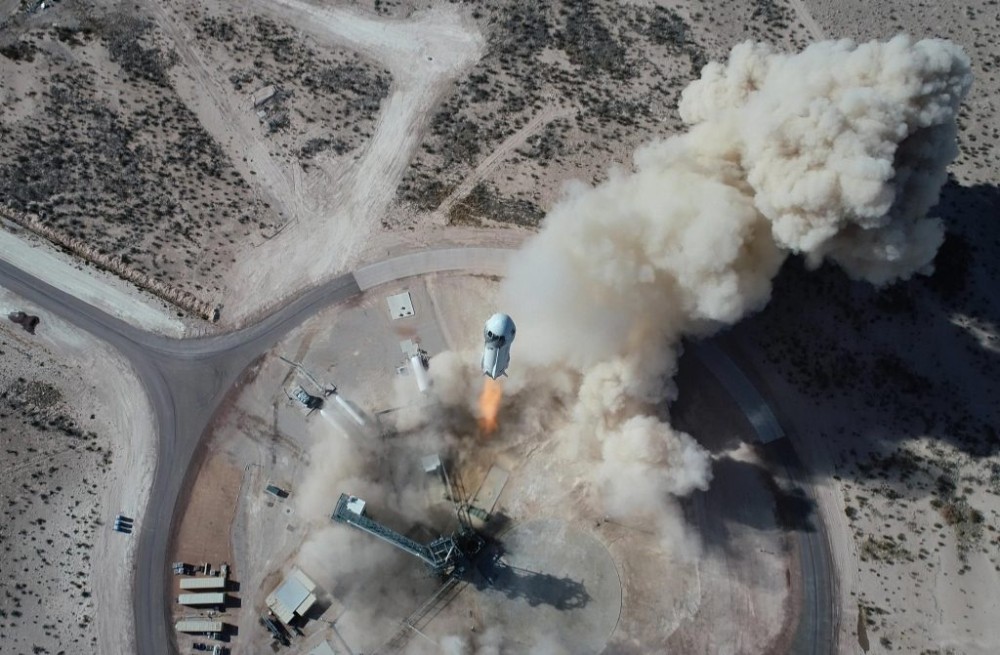
SpaceX
While not (yet) involved in space tourism, many consider Musk and his band of rocketeers at SpaceX to be the real front-runner in the space race. Not only are they considered a pioneer of commercial space flight, SpaceX is also seen as a disruptor, building the industry’s most powerful rockets capable of exceeding speeds of 27,000km/h, while at the same time figuring out how to land and reuse them after flight.
This has allowed SpaceX to tun Starlink into reality, its constellation of Internet-beaming satellites. They’ve also sent up a SpaceX Crew Dragon in a landmark flight in 2020 to bring NASA astronauts to the International Space Center, in addition to regularly shuttling cargo.
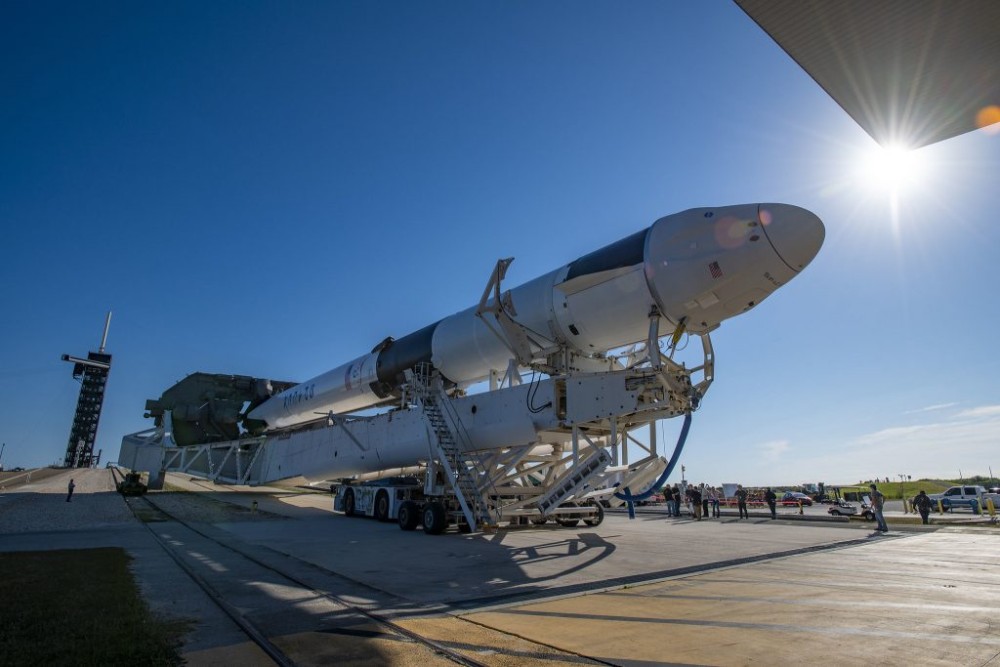
And while they’re focused on commercial spaceflight and fulfilling their contracts with NASA and other legacy aerospace companies, there seems to be no plans to dip their toes into space tourism. But it isn’t far-fetched: they already have the Crew Dragon vehicle ready and proven it can ferry passengers, all they need to do is set a price.
Musk and SpaceX though have bigger goals. They’re now building a spacecraft to reach the moon, and have set their sights on Mars. In fact, Musk has stated that he “want(s) to die on Mars, just not on impact.”
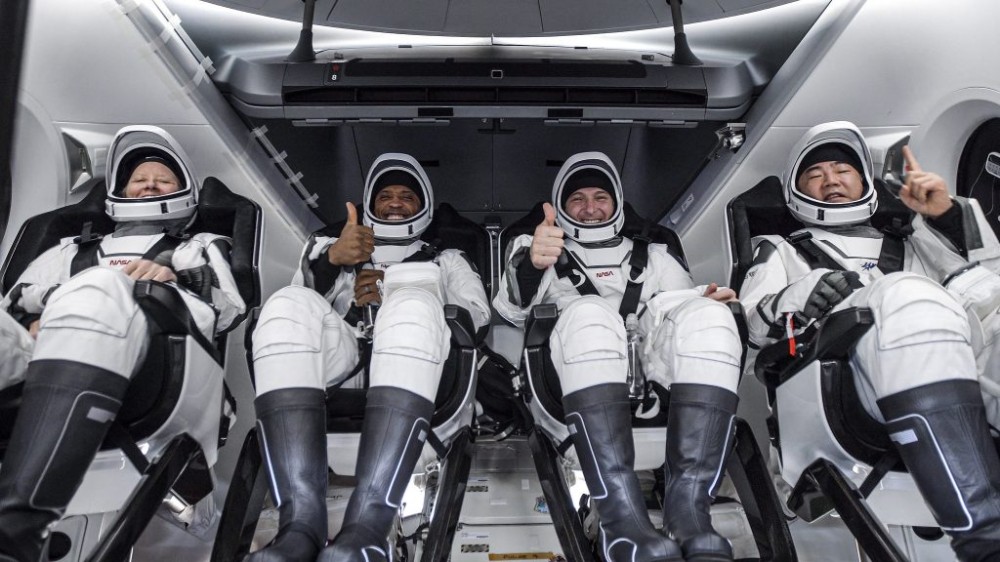
Just a space joyride or a bold vision?
So with all the money being invested to the space race, the question if it’s worth it always crops up. Critics have argued that these are nothing but vanity projects and those resources could have been spent towards more earthly concerns such as combating poverty or researching climate change.
There might be some truth in that, but these space barons see it differently and believe they are playing the long game. As Branson said in an interview “If we can do this, imagine what else we can do.” This would be the same template during the dawn of airplanes, cars and computers. They were initially dismissed as nothing but mere fads until they ultimately moved to the mainstream as more people accessed them.
Another reason is the potential by-products of the program. During the original Space Race, those staggering investments made by governments resulted not only to national pride, but the advancement of technologies such as GPS and weather tracking. While it isn’t clear yet what technologies can be spun off in the modern space race, true believers trust it’s only a matter of time.
See also: Archer Aviation unveils urban air taxi
















